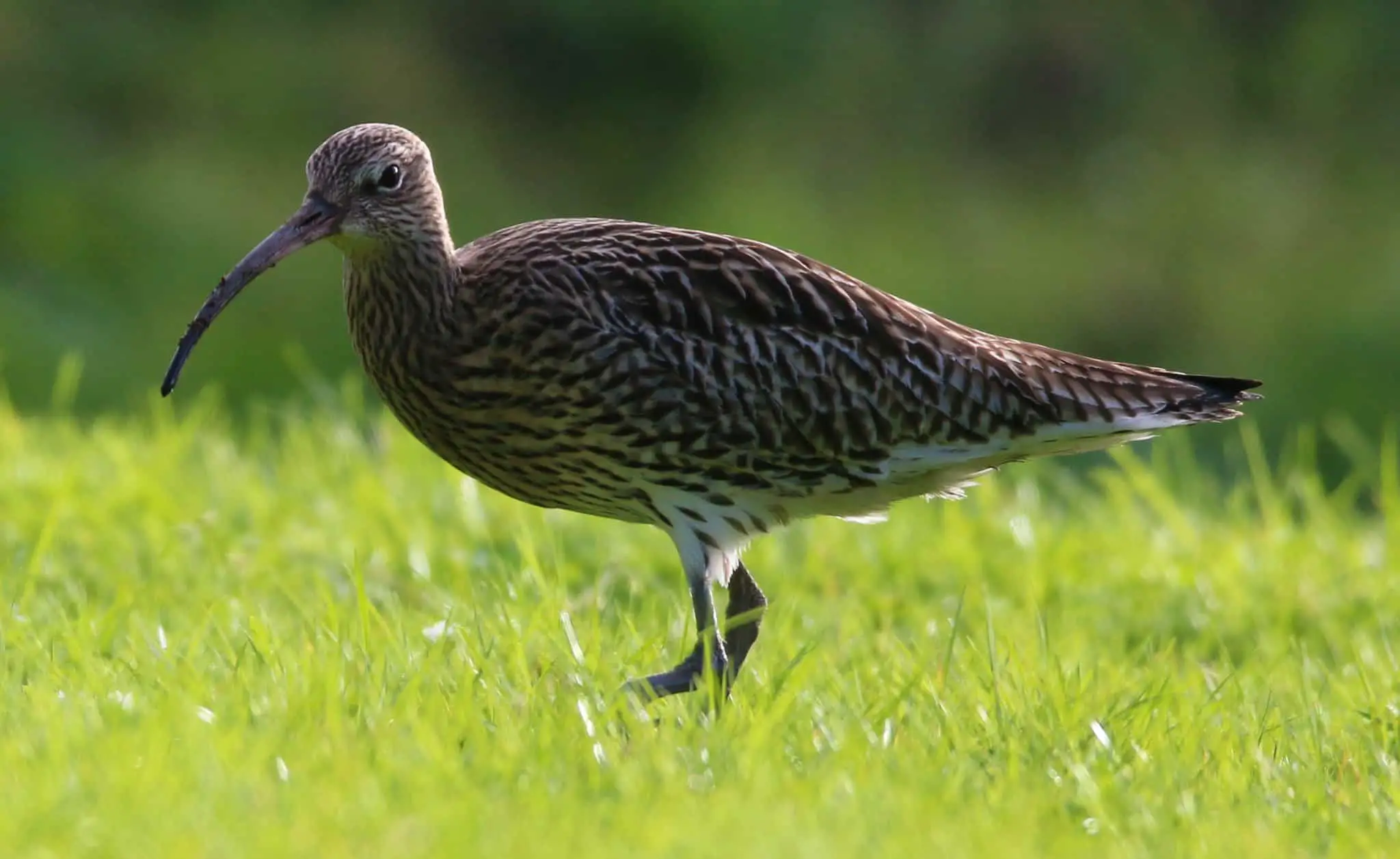News OnTheWight always welcomes a Letter to the Editor to share with our readers – unsurprisingly they don’t always reflect the views of this publication. If you have something you’d like to share, get in touch and of course, your considered comments are welcome below.
This from Stella Davis (The Ryde Society). Ed
Much has been made of no curlews having been heard on a site visit by Cllr Chris Quirk. It is not surprising as curlews usually call as day turns to darkness.
The sound of the curlew has many myths associated with it. Books have been written about the struggles to save it as it migrates. Poets including Ted Hughes and Dylan Thomas and probably most famously Yeats have evoked its call :
O Curlew, cry no more in the air
Or only to the water in the West
Because your crying brings to my mind
Passion-dimmed eyes and long heavy hair
That was shaken over my breast
There is enough evil in the crying of the wind.
A presence in the changing seasons
The curlew, a presence in the changing seasons, is often considered in folklore as an omen of death or calamity due to its cry.
Will they ‘move’ on the whim of Isle of Wight councillors?
UNESCO Biosphere
The Isle of Wight has UNESCO Biosphere status – it is a sad reflection of our respect for our fellow beings in this world that we couldn’t leave the curlews their place in it.
Use empty buildings
We have space for hundreds of homes in empty buildings in Ryde and the only thing preventing their development is profit.
Image: Nick Goodrum under CC BY 2.0





